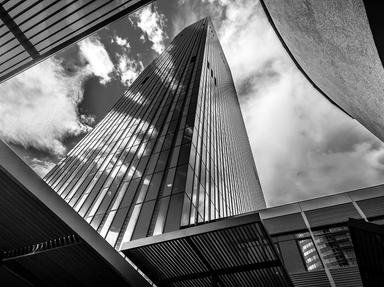Quiz Answer Key and Fun Facts
1. He served under Chairman Mao and played an important role in the Chinese Communist Party's rise to power. Who was the first premier of the People's Republic of China from 1949 until his death in 1976?
2. She was the first woman to serve as British Prime Minister. Who was this formidable individual, often dubbed the "Iron Lady"?
3. He led his country in the final stages of the Second World War, through the early days of the Cold War and the Korean War in the 1950s. Who implemented the Marshall Plan to rebuild the economy of Western Europe after the Second World War?
4. He claimed that his lineage could be traced back to Emperor Menelik of the Solomonic dynasty. Which monarch ruled Ethiopia from 1930 for over 40 years?
5. During the Second World War, he was the leader of the Partisans which were regarded as the most successful resistance force in occupied Europe. Who served as the President of Socialist Federal Republic of Yugoslavia from 1953 to 1980?
6. She was the daughter of the first Indian Prime Minister, Jawaharlal Nehru. She was her father's key assistant when he was prime minister from 1947 to 1964. Who became the only 20th century female Prime Minister of India?
7. He was the leader in the struggle for the independence of Indonesia from the Dutch Empire, which led to his detention over a decade by the Dutch authorities. Who was appointed as the first president of Indonesia after its independence on 17 August 1945?
8. He was a key Zionist leader and became the executive head of the World Zionist Organization in 1946, fighting for the independence Jewish state in Mandatory Palestine. Who was elected as the first Prime Minister of Israel in 1948?
9. He was a Chinese Nationalist, revolutionary and military leader who led the Republic of China from 1928 till 1975. Who lost mainland China during the Chinese Civil War and had to retreat to Taiwan?
10. He was responsible for the de-Stalinization of the Soviet Union and was a strong supporter of the Soviet space program. Who was appointed as First Secretary of the Soviet Union after the death of Stalin in 1953?
Source: Author
sw11
This quiz was reviewed by FunTrivia editor
stedman before going online.
Any errors found in FunTrivia content are routinely corrected through our feedback system.
